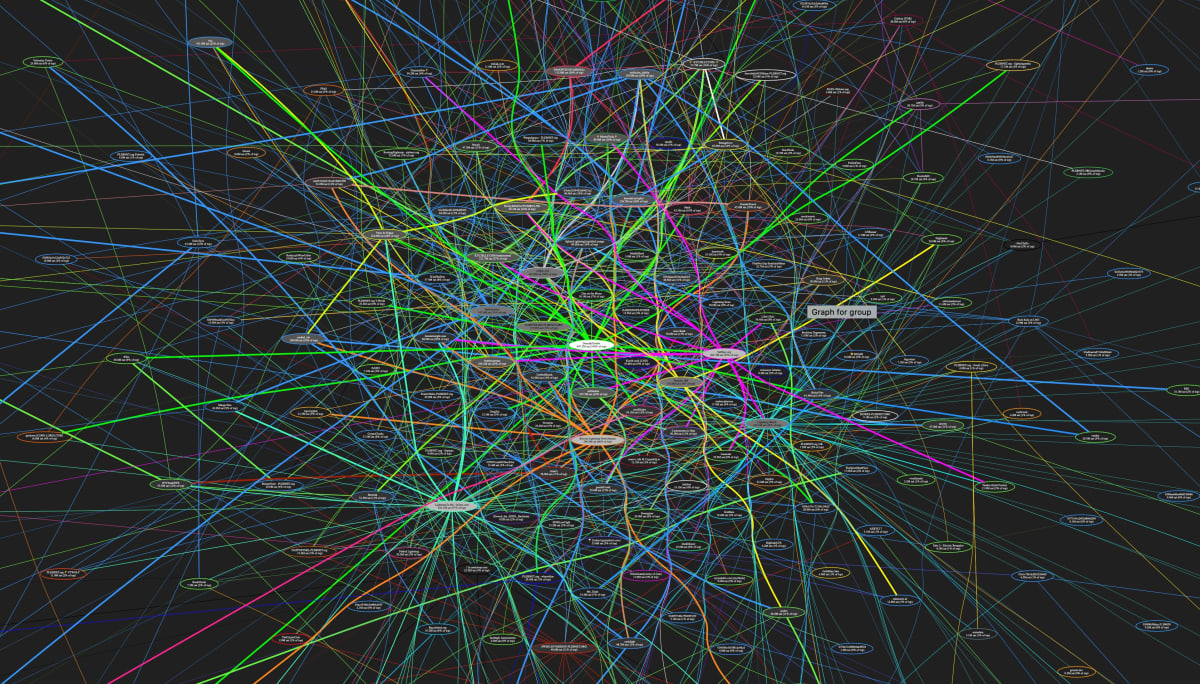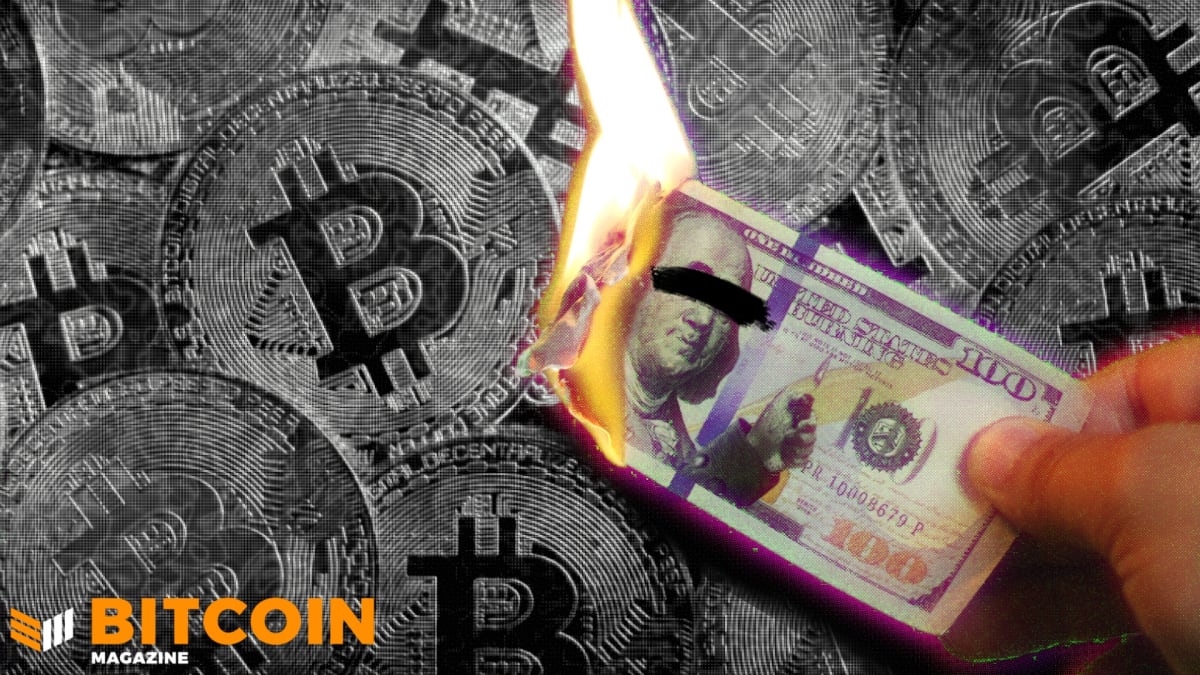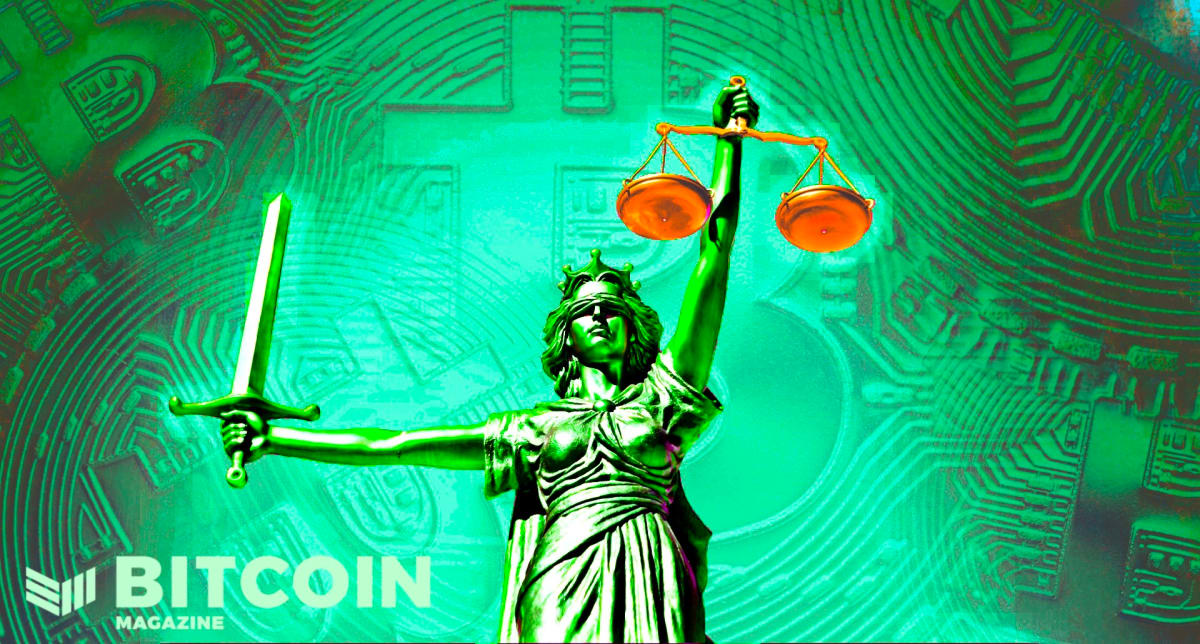Five Reasons Bitcoin’s Number Go Up Technology Works
Despite the dip, these five factors have continued their contribution to bitcoin’s rising price.
Does Bitcoin’s Number Go Up (NGU) Technology Still Work?
If this question has entered your mind in the past several months, read on to learn why the evidence for number go up (NGU) is stronger than ever. While the past two and a half months may have led some to fear, uncertainty and doubt (FUD), Bitcoin is doing just fine and NGU isn’t going anywhere.
For anyone who has recently become aware of their bondage to the fiat financial system, taking Bitcoin’s orange pill has undoubtedly been enlightening and exhilarating. However, the legend of its past success may seem too good to be true based on the last two and a half months of consolidation, especially for newly minted Bitcoiners. Add in the noise coming from nocoiners and altcoiners and you might find yourself starting to question your choice to go all in on bitcoin.
For example, if you made your first bitcoin purchase on February 21 of this year, you bought close to $58,000, which was the current all time high. If you fast forward to today, May 28, the price is just under $37,000. Of course, bitcoin’s price action has been anything but sideways since late February, but with all the peaks and valleys it’s gone through, it can be hard to believe in NGU when you haven’t lived through it yourself. Keeping a close eye on the day-to-day bitcoin price movement can be maddening when it isn’t taking off like all those rocketship emojis on Twitter indicate it should.
For those of us who could use a friendly reminder, here are five reasons to believe in Bitcoin NGU technology:
- Institutional investment invasion. Institutional investors are arriving to the space like never before and huge deals are getting done on a daily basis. This week alone saw a major development that will make bitcoin accessible to over 300 million bank accounts in the U.S. alone thanks to a partnership between New York Digital Investment Group (NYDIG) and Fintech firm FIS.
- Ripe on-chain metrics: On-chain data indicate that the consolidation phase is ending soon and the next leg up of the bull market is about to kick off. Check out William Clemente III’s appearance on Anthony Pompliano’s podcast to understand why.
- Bitcoin annual returns. The yearly rate of return for bitcoin is absolutely insane and is unmatched by any asset in the history of markets. If you ever need a little inspiration to stack more sats and HODL for the long-haul, take a look at this bottom line table.
- Professional athletes take the lead. Pro athletes are incredibly influential to people of all ages and walks of life, so when an NFL player announces that he will convert his entire 2021 salary to bitcoin, it sends a message that’s impossible to ignore. See why pro athletes are starting to demand their pay in bitcoin in this article.
- Approaching avalanche of access. There are currently eight active applications for Bitcoin ETFs that are awaiting approval. And with an U.S. Securities and Exchange Commission (SEC) chairman who understands Bitcoin more than any previous chair, his expected approval this year would open the floodgates to capital that has thus far been unable to gain exposure to BTC.
Overall, there are countless reasons to be bullish about Bitcoin and its patented NGU technology. Hold onto the ones above and keep educating yourself on the reasons for the bright future that lies ahead for Bitcoiners.
This is a guest post by Josh Doña. Opinions expressed are entirely their own and do not necessarily reflect those of BTC, Inc. or Bitcoin Magazine.









